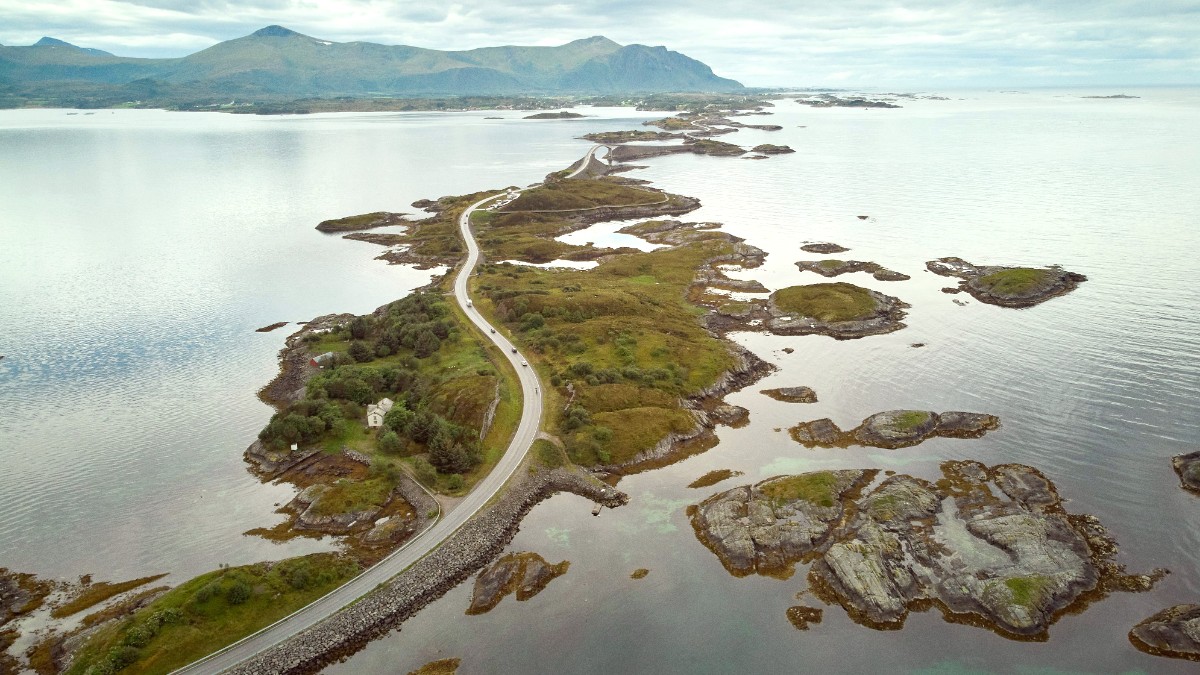
Bergen And The Western Fjords, Norway
Norway is a strong commitment to environmental protection. Many fjords and mountain areas are national parks or protected landscapes. Respect all signage and guidelines.
Norway boasts excellent recycling infrastructure. Designated bins for sorting waste are in public areas. Tap water is safe for drinking.
Consider purchasing carbon offsets for flights. Many organizations, like Terrapass, offer this to lessen environmental impact.
Your choices make a positive impact on the local environment and community.
Adopting habits that minimize your environmental footprint.
Support ethical production and minimize waste through informed purchasing.
Choosing locally owned businesses directly benefits residents.
Support local museums, heritage sites, and cultural institutions.
Practice "Leave No Trace" when exploring nature. Pack out everything you pack in, stay on marked trails, and minimize your environmental impact. This preserves Norway's natural beauty for future generations.
Engaging respectfully with local customs and communities.
Norwegians value personal space. Polite behavior fosters positive experiences.
Your travel spending influences the local economy directly.
Prioritize local restaurants, cafes, and independent shops over international chains.
Purchases of 'Made in Norway' goods support local production and labor laws.
If contributing, consider established local charities for environmental or cultural preservation.
Your engagement with local culture and adherence to local norms improves interactions and helps preserve Ålesund's unique identity.
Ålesund works towards better accessibility, though challenges may exist in older areas.
Newer public buildings and transport generally accommodate mobility challenges.
Specialized services for sensory impairments might be limited, but English information is common.
attractions work to improve accessibility for all visitors.
Consider contacting local resources for tailored accessibility advice.
These tips can make your journey more comfortable.
Accessible taxis can be arranged in advance through local taxi companies.
Specify your accessibility needs when booking hotels to secure appropriate rooms.
Most public buses and many local ferries feature ramp access.
While many areas are improving, some historical sites and older areas may pose accessibility challenges. Planning ahead for specific needs is always advised.
For detailed accessibility information tailored to your needs, contact local Norwegian disability organizations before your trip.